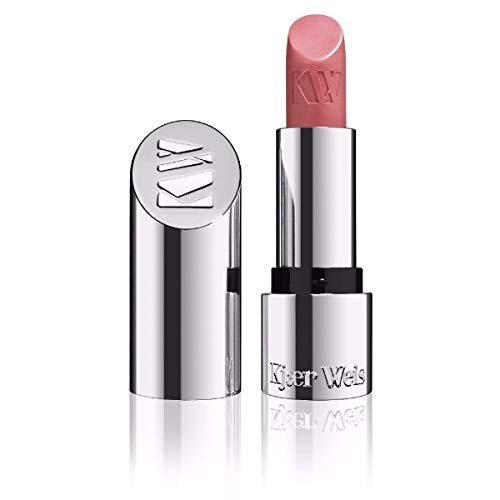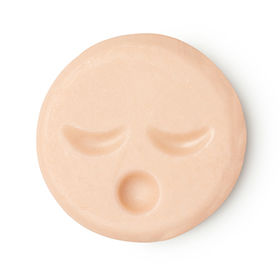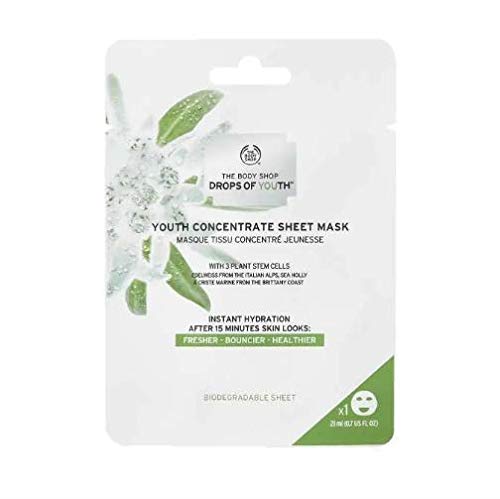11 New Innovations in Sustainable Beauty from Around the Globe
Natural is no longer enough; you need beauty products that are sustainable. We scoured the globe for new trends and innovations that will make your hair, skin, and makeup routines more eco-friendly.
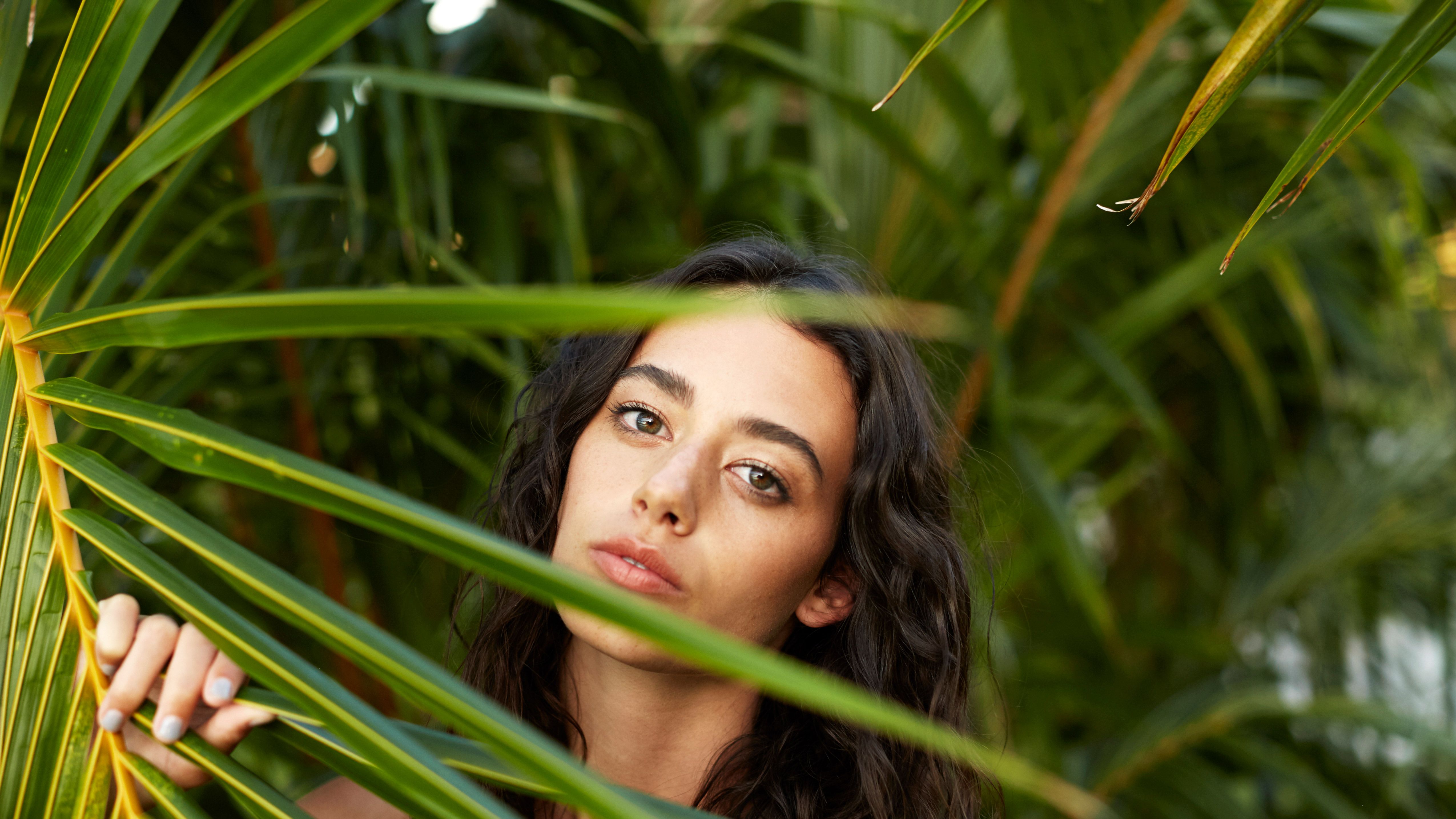

Natural is no longer enough; you need beauty products that are sustainable. We scoured the globe for new ways to green your hair, skin, and makeup routine. Here, the eco-friendly innovations we're most excited about.
Skincare Treasures From Trash
In France, the prune d’Ente is as coveted as foie gras, but the pits of the famous dried plums are routinely discarded in the manufacturing process. Enter Tina Hedges, the Jamaican-born founder of LOLI Beauty skincare. “When we started the brand, one of my priorities was to find powerful skincare ingredients that could be repurposed from organic-food-supply waste,” she says. One of her success stories: LOLI’s Plum Elixir, which features the cold-pressed oil of the Ente plum pit; it’s a luxurious, antioxidant-rich moisturizer—from what used to end up in the garbage.
A Greener Space to Shop
In the Venn diagram of places beauty enthusiasts shop and places the sustainability crowd frequents, there wasn’t much overlap—until New York City’s Hudson Yards opened this spring. At the heart of the multibuilding complex is a cogeneration plant that recovers wasted heat to make the buildings 70 percent more energy efficient. Plus, nearly 10 million gallons of storm water a year will be collected from building roofs and public plazas to be filtered and reused. This green hub is also a chic shopping destination with beauty stores like Sephora, Kiehl’s, and the Body Shop. There’s even a vegan nail salon, Sundays, where you can slip on headphones and do a guided meditation while you get your manicure. Retail therapy just took on a whole new meaning.
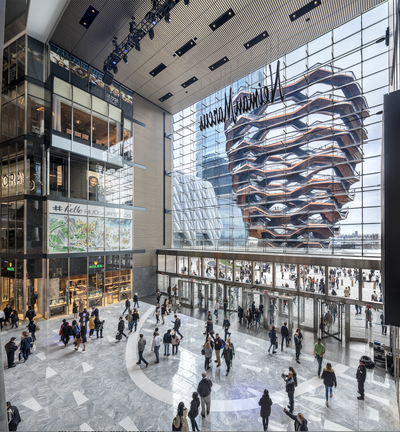
The New Oil That Saves Trees
Creating chemical alternatives to plants may seem counterintuitive to the cause, but it’s often the most environmentally responsible option. Green startup C16 Biosciences has developed a lab-grown alternative to palm oil, a popular beauty-product ingredient that often comes from plantations that contribute to deforestation in places like Costa Rica and Indonesia. The biotech firm is relatively new, but representatives say they’re already working with a confidential group of cosmetic companies to replace the palm oil in their products. Green moral of the story: Sometimes saving the planet starts in the lab.
Shampoo Bottles That Save Beaches
Tidying up the earth’s coasts can be a dirty job: Environmental-advocacy nonprofit Ocean Conservancy claims it has collected more than 250 million pounds of beach pollution in the past 33 years. Now Herbal Essences is assisting with the task and putting the conservationists’ earth-conscious efforts to good use. In collaboration with TerraCycle, a global leader in recycling hard-to-repurpose materials, the brand has created new bottles—for its White Grapefruit & Mosa Mint, Argan Oil, and Coconut Milk collections—made with 25 percent plastic that has been collected from the coastlines in Canada, Panama, and other polluted spots around the world.
Creamy Colors That Power Flowers
Danish makeup artist Kirsten Kjaer Weis is known for her elegant, stunningly packaged line of cosmetics. She’s also an innovator who finds sustainability in the most uncommon places. Case in point: The beeswax in her velvety lipsticks and dewy blushes helps preserve a delicate ecosystem. The brand buys wax from Italian beekeepers, who cart their tiny charges to mountains on the border of France and Italy every summer to gather their nectar in biodynamic flower fields. The bees help pollinate the flowers, and the location ensures they aren’t exposed to any pesticides. Come winter, the harvest of the hives is used to create the rich, ultrapure wax that goes into those dreamy makeup compacts.
Serums And Cleansers Made Without Water
The new brand PWDR practices what founder Carrington Snyder calls BYOW, or bring your own water. “If you take water out of a skincare formula, you can take out a whole range of preservatives and emulsifiers, which often come from synthetic sources,” explains the California-based entrepreneur. “And many of those types of ingredients that aren’t good for you aren’t good for the earth either.” Another ecobonus? Powders are lighter than liquids, which cuts down on shipping weight, so less energy is used to transport them. The standout is a sophisticated serum made with concentrated extracts of hyaluronic acid, B vitamins, peptides, and floral extracts; just add water and it transforms into a silky emulsion in seconds.
Stay In The Know
Get exclusive access to fashion and beauty trends, hot-off-the-press celebrity news, and more.
Products With Zero Packaging
Lush Fresh Handmade Cosmetics bypasses the dilemma of packaging that contributes to landfill waste by selling “naked” skincare. After opening a packaging-free concept store in Milan last year, the company, which was founded in the United Kingdom, realized it was on to something and developed a collection of solid face oils, cleansers, masks, and moisturizers that are sold worldwide—without boxes or bottles.
Carbon-Neutral Makeup From Vegetables
Growing up in Mexico with a grandfather who was a medicine man and a mother who turned plants into makeup, Ere Perez was destined to start a holistic beauty line. And after she moved to Australia, that’s exactly what she did, creating a collection of botanical skincare and cosmetics that features all-natural colorants like beetroot and carrot extract. Her company also offsets all the greenhouse-gas emissions produced during its manufacturing process by purchasing credits to fund carbon-neutral energy initiatives. How’s this for a full-circle story: One project her company helps fund is a wind-energy farm in her native country.
Recycled Bottles That Build Gardens
You can’t guarantee the plastics you put in your recycling bin actually get recycled. (Some bottles, for example, are rejected by community processing plants if the labels aren’t easily removed.) But Garnier has a solution: Four years ago, it launched a program encouraging consumers to send their bathroom empties to TerraCycle to be cleaned, shredded, and ground into pellets that are turned into building materials. Now Garnier is using the 11 million bottles collected thus far to build garden beds, benches, signs, and trash bins for community gardens. The first green oasis opened in Miami this year, with more coming soon.
Sheet Masks That Disappear
Pick a more earth-friendly sheet mask and your self-care Sunday doesn’t have to be selfish. One option: the Body Shop’s Drops of Youth Concentrate Sheet Mask, which features babassu oil from Brazil. The mask is not just biodegradable but compostable too. Let it work its smoothing and plumping magic for 15 minutes, peel it off, then toss the sheet in your compost bin. Even if you use the bin at an organic community garden, you’re still good: The mask has been rigorously tested to ensure it disintegrates without leaving any trace metals or toxins that could affect plants or water.
Wildcrafted Skincare
There’s something romantic about the concept of products made from wild-grown and carefully harvested ingredients. And sustainable sourcing can lead to more potent ingredients too: Because wild plants have to fend off pests and survive in extreme climates without the help of pesticides or fertilizers, they may be richer in protective antioxidants than commercially grown versions. Alpyn Beauty uses a complex made with plants from the mountains of Wyoming to create its skin-brightening Plant Genius Survival Serum. And Shea Terra Organics puts tamanu nuts from Madagascar’s Vohibola Forest in its antiaging, skin-healing Tamanu Beauty Oil. Considering that commercial farming is responsible for 70 percent of the water used in the world, these products are truly a low-impact way to glow.
This story appears in the May 2019 issue of Marie Claire.
RELATED STORY
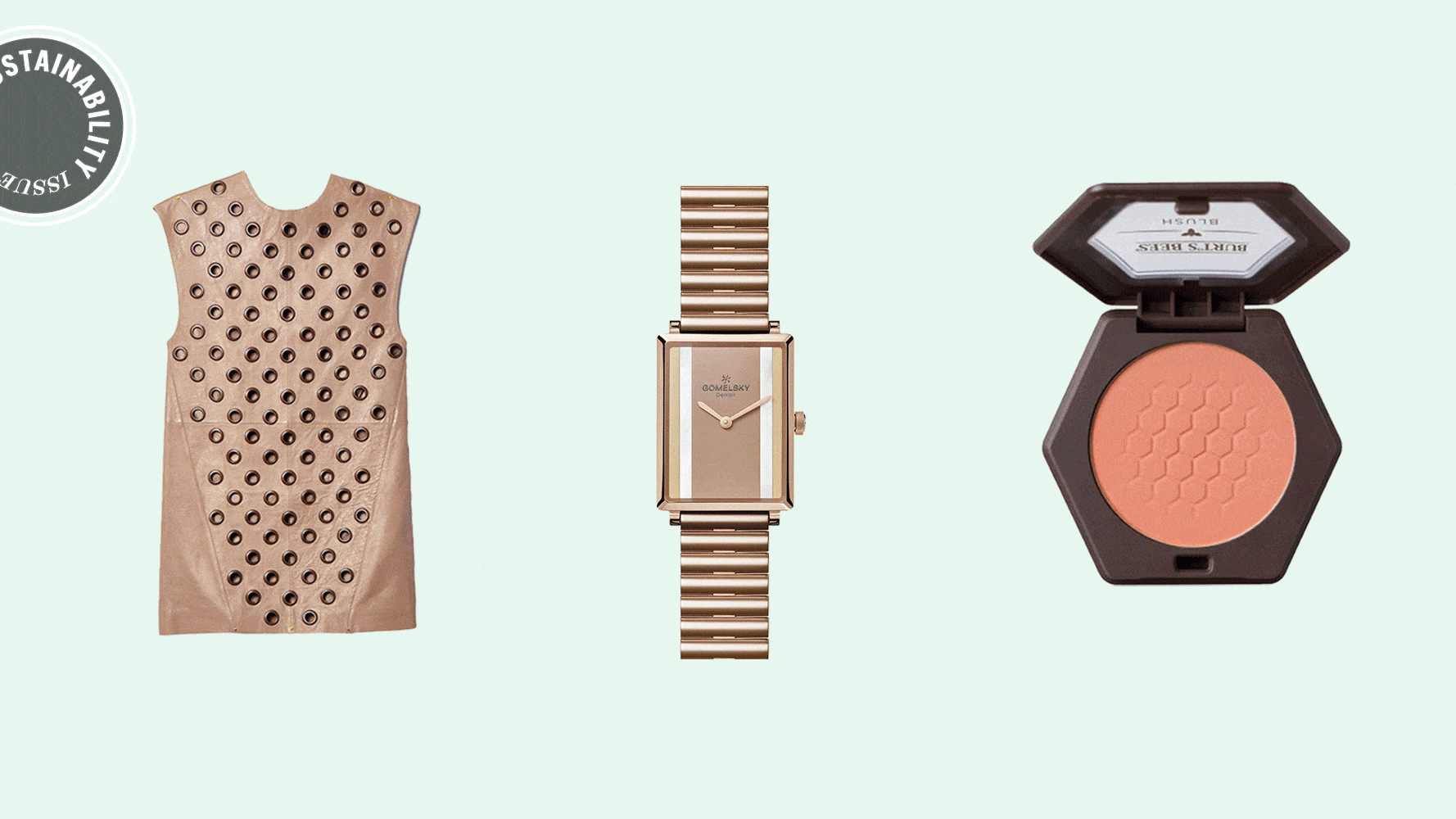
Taylore Glynn is a former beauty and wellness editor for Allure. Previously, she served as beauty and health editor at Marie Claire and Harper’s Bazaar, and her work has appeared in Refinery29, Town & Country, Compound Butter, and RealSelf. She holds a master's degree in English and Creative Writing from Monmouth University. If you need her, she’s probably at the movies, braising a chicken, or evening out her cat eyeliner.
-
 Princess Anne's Unexpected Suggestion About Mike Tindall's Nose
Princess Anne's Unexpected Suggestion About Mike Tindall's Nose"Princess Anne asked me if I'd have the surgery."
By Amy Mackelden Published
-
 Queen Elizabeth's "Disapproving" Royal Wedding Comment
Queen Elizabeth's "Disapproving" Royal Wedding CommentShe reportedly had lots of nice things to say, too.
By Amy Mackelden Published
-
 Palace Employees "Tried" to Get King Charles to "Slow Down"
Palace Employees "Tried" to Get King Charles to "Slow Down""Now he wants to do more and more and more. That's the problem."
By Amy Mackelden Published
-
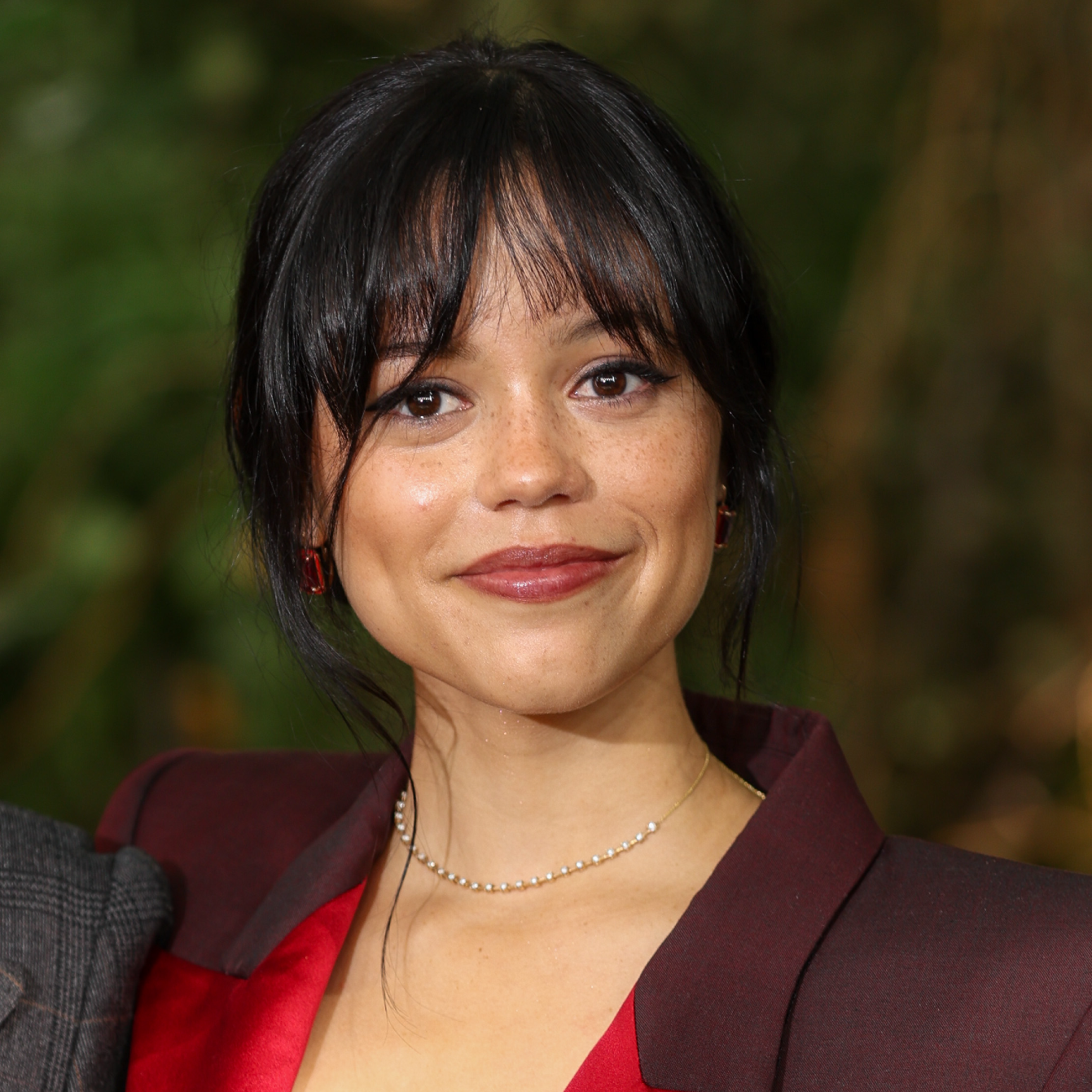 Jenna Ortega Does Grungy Glam Right With '90s-Inspired Hair and Makeup
Jenna Ortega Does Grungy Glam Right With '90s-Inspired Hair and MakeupThe actress was spotted in peak ‘90s-inspired glam.
By Ariel Baker Published
-
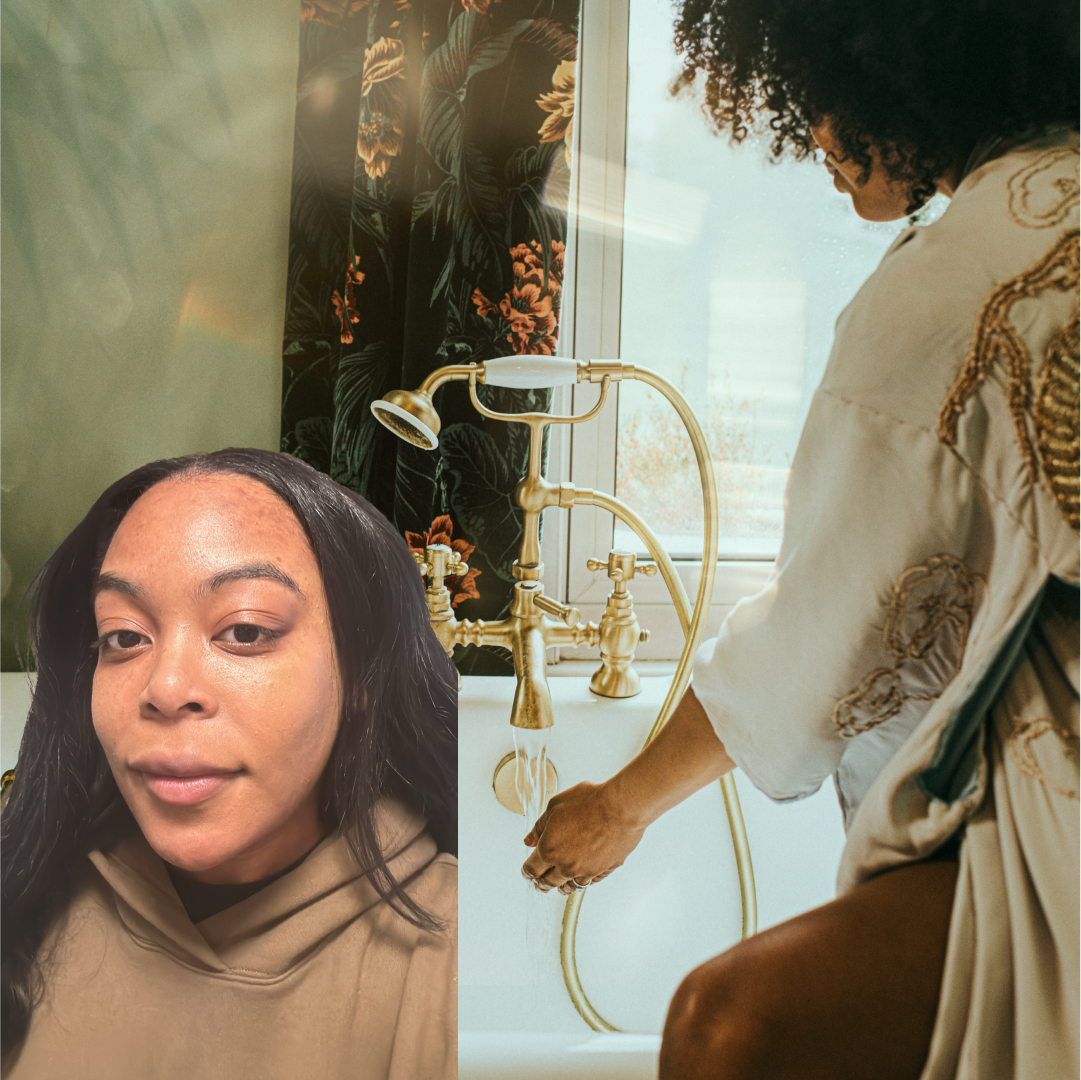 How a Beauty Writer Has Perfected Her Morning Routine For Acne-Prone Skin
How a Beauty Writer Has Perfected Her Morning Routine For Acne-Prone SkinKeep the texture and irritation at bay with these editor-vetted items.
By Ariel Baker Published
-
 Selena Gomez Hosts a Master Class in Matching Your Red Blush and Red Lipstick to Your Outfit
Selena Gomez Hosts a Master Class in Matching Your Red Blush and Red Lipstick to Your OutfitThe star was spotted looking red hot in the streets of New York City.
By Ariel Baker Published
-
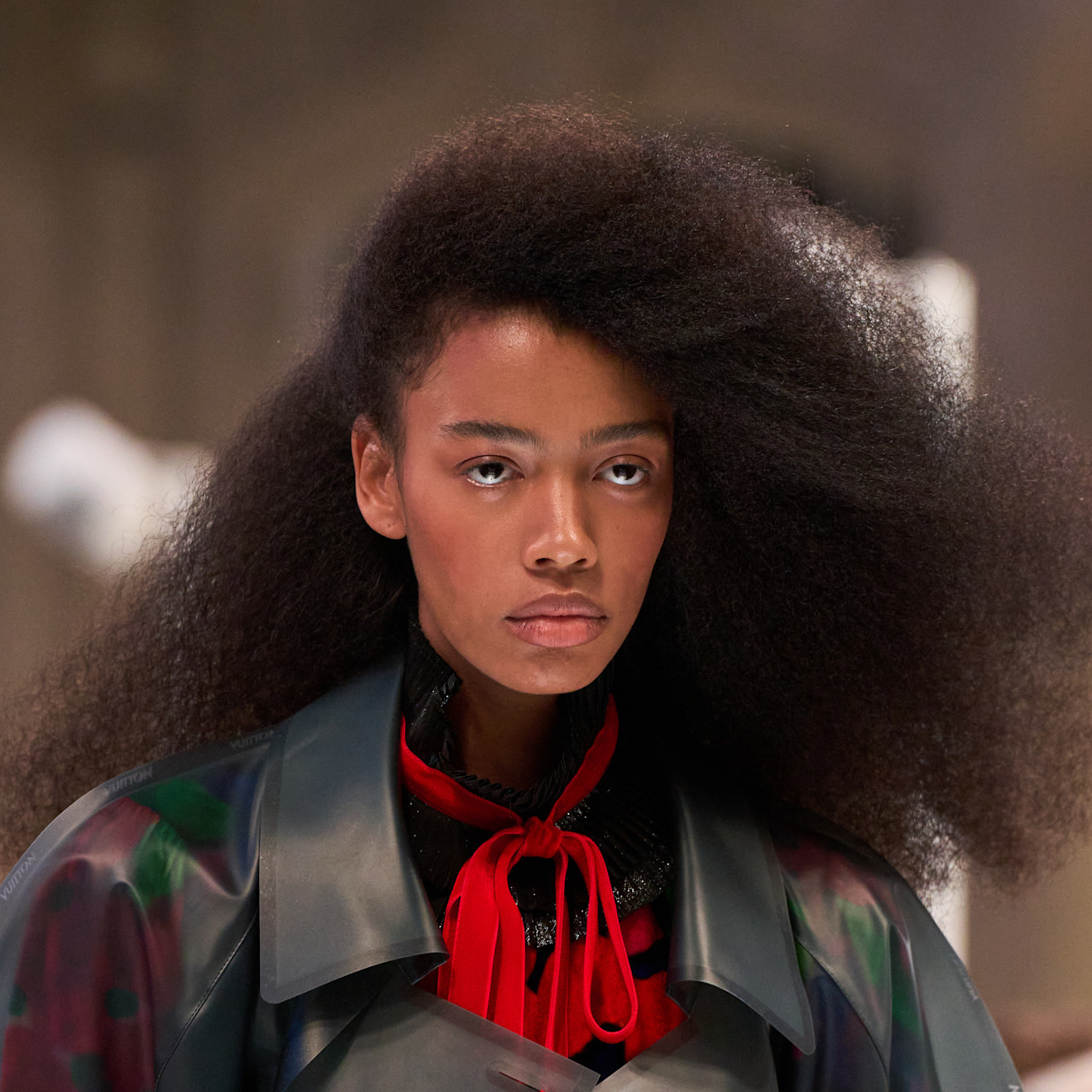 Everything You Need to Know About Marie Claire’s Skin and Hair Awards
Everything You Need to Know About Marie Claire’s Skin and Hair AwardsCould your brand survive an editor testing session?
By Ariel Baker Published
-
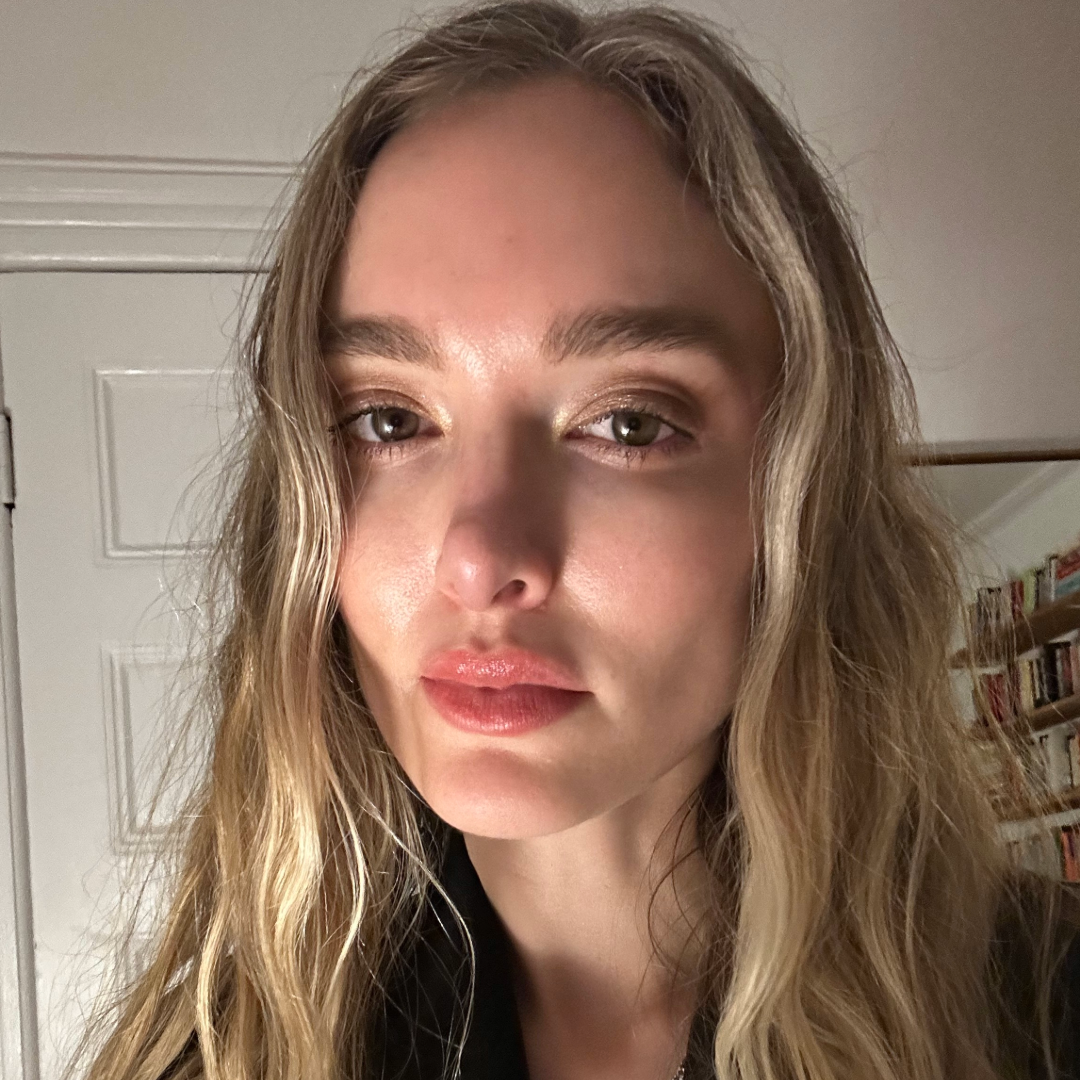 Presenting, Perfect Date Night Makeup for People Who Hate Makeup
Presenting, Perfect Date Night Makeup for People Who Hate MakeupFrom a beauty director who's learned all the workarounds.
By Hannah Baxter Published
-
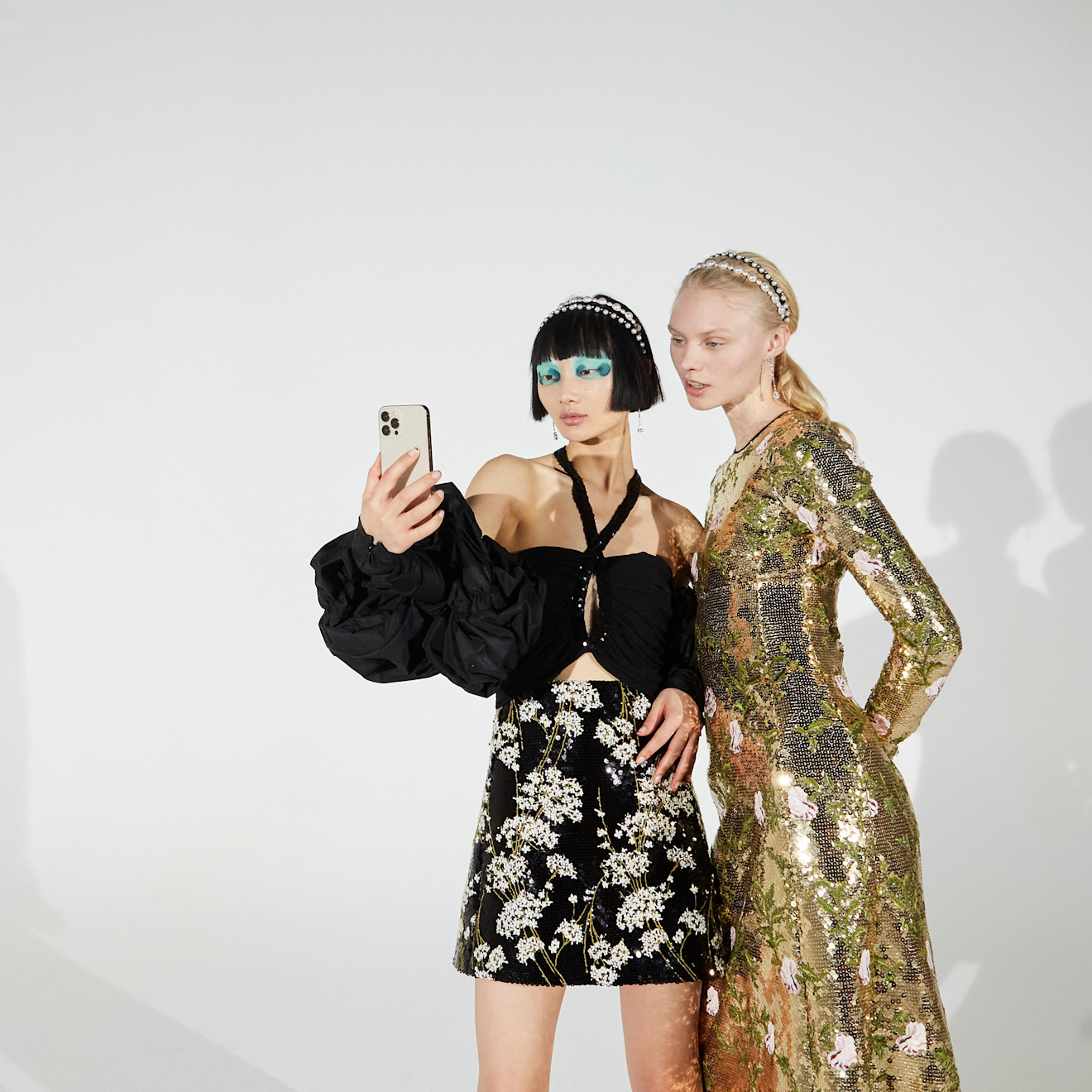 I Scoured Ulta’s 21 Days of Beauty Sale for Five Hours—Here's What I'm Shopping
I Scoured Ulta’s 21 Days of Beauty Sale for Five Hours—Here's What I'm ShoppingAdd to cart, ASAP.
By Ariel Baker Published
-
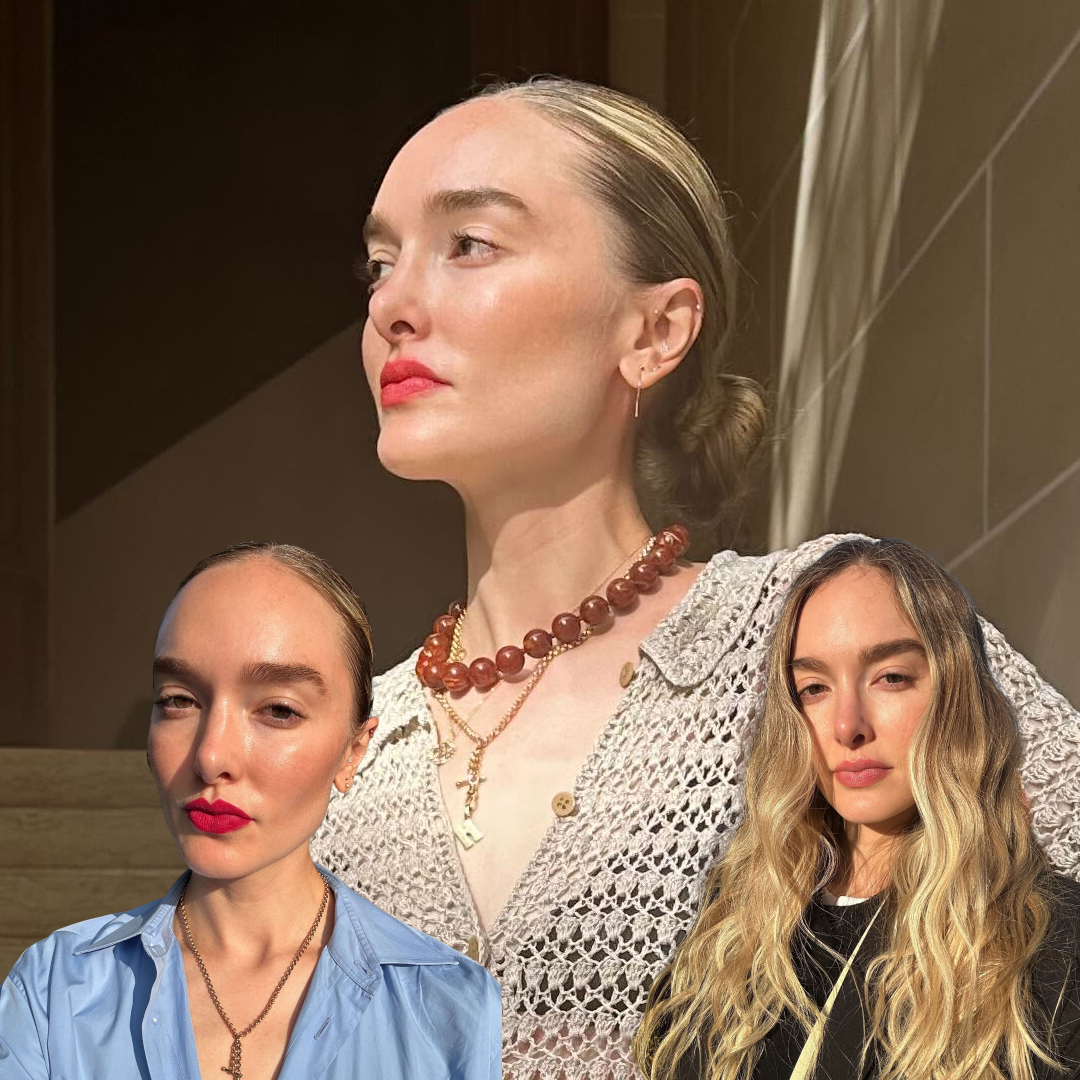 People Always Compliment My Flawless Skin—These 6 Steps Are Why
People Always Compliment My Flawless Skin—These 6 Steps Are WhyFrom sunscreen and essences to moisturizers, it's all here.
By Hannah Baxter Published
-
 Jenna Ortega’s New Burgundy Hair Has Me Ready for Season 2 of 'Wednesday'
Jenna Ortega’s New Burgundy Hair Has Me Ready for Season 2 of 'Wednesday'Wednesday Addams, is that you?
By Ariel Baker Published
